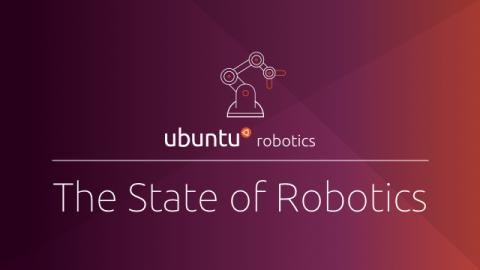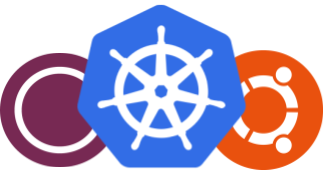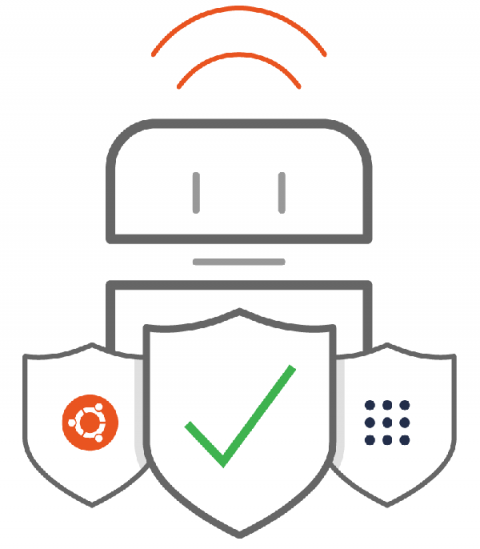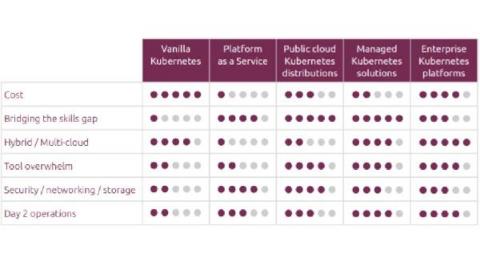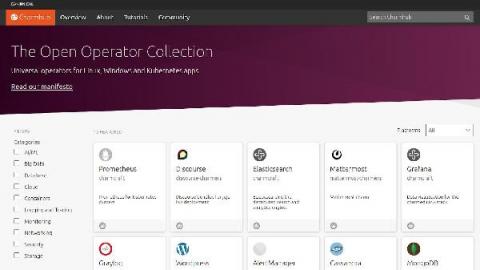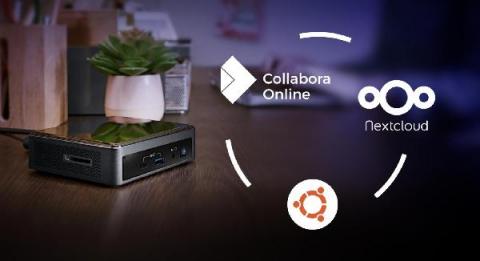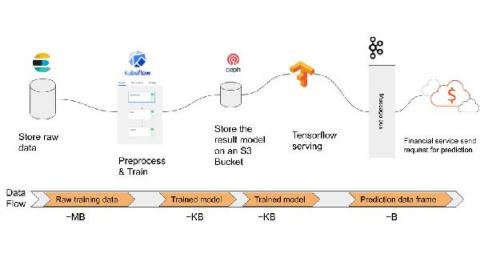From lightweight to featherweight: MicroK8s memory optimisation
If you’re a developer, a DevOps engineer or just a person fascinated by the unprecedented growth of Kubernetes, you’ve probably scratched your head about how to get started. MicroK8s is the simplest way to do so. Canonical’s lightweight Kubernetes distribution started back in 2018 as a quick and simple way for people to consume K8s services and essential tools.



